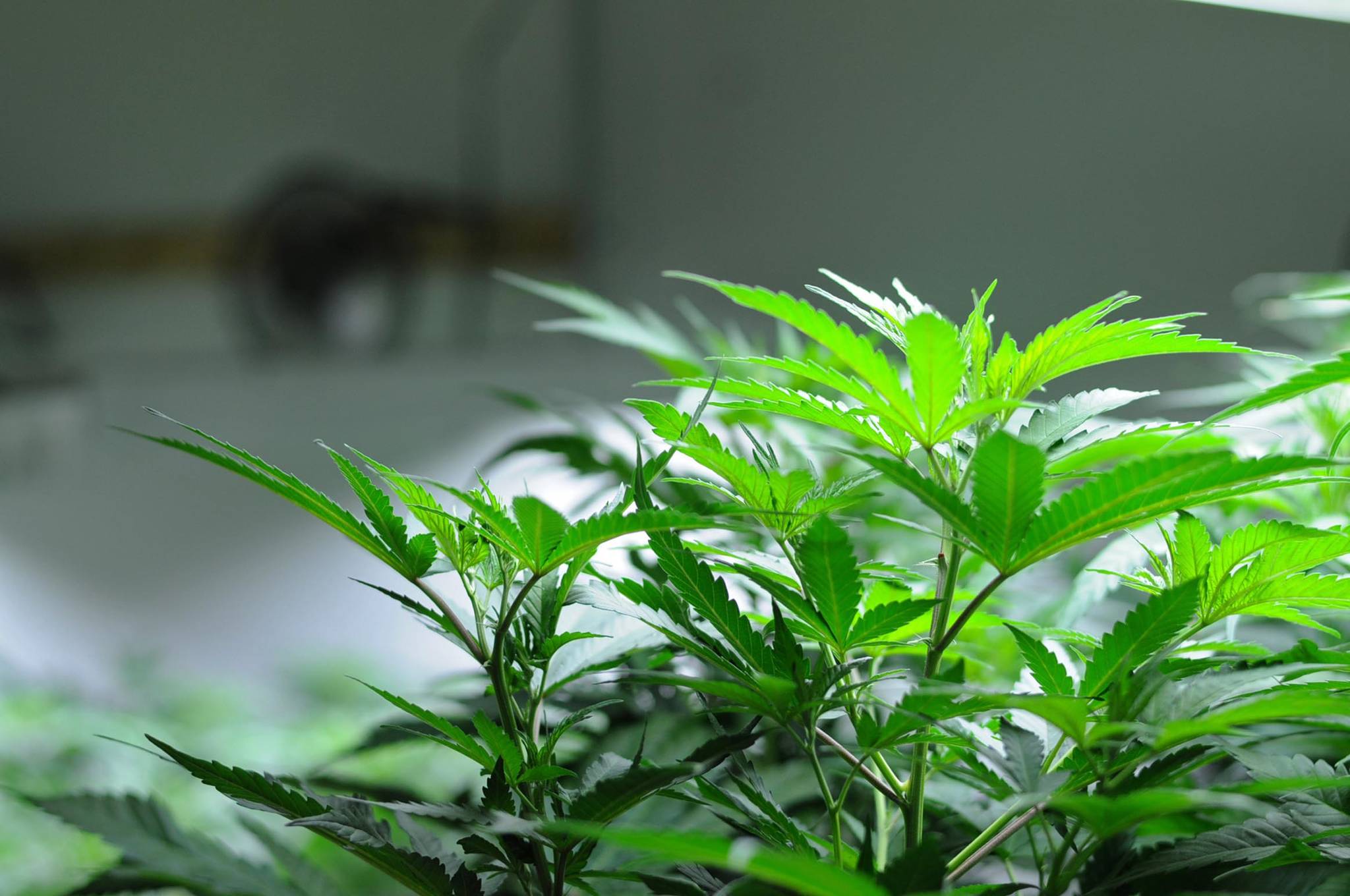The practicalities of running a state-legal business based on a nationally-illegal product have became more complicated in some respects but unchanged in others, after U.S. Attorney General Jeff Sessions announced changes last week that may enable federal marijuana prosecution in states such as Alaska that have legalized the drug.
“This costs money and time — that’s what this does,” said Leif Abel, co-owner of the Kasilof cannabis grower Greatland Ganja, of Sessions’ changes. “It doesn’t put any business owners in jail, I don’t think it’s going to put an established business out of business, though unfortunately it might stall out one that’s at the wrong stage of formation, and it may cost some jobs.”
Sessions rescinded a 2013 Department of Justice memo — known as the Cole memorandum — that instructed federal prosecutors to focus marijuana enforcement on violent crime, gang activity, and distribution to children. The change could allow U.S. Attorneys such as Alaska’s Bryan Schroder to more broadly enforce federal marijuana prohibitions.
“We’ve always been at a heightened possibility of having federal intervention, but they had the guidelines for us to have confidence in,” said Patricia Patterson, owner of the High Bush Buds cannabis store outside Soldotna. “Now the guidelines are gone, but they were just guidelines.”
The change prompted Soldotna Police Chief Peter Mlynarik’s resignation as chair of Alaska’s Marijuana Control Board, the five-seat governor-appointed group that issues marijuana licenses in Alaska. Mlynarik, who was also an organizer of the 2017 Kenai Peninsula Borough ballot initiative to ban cannabis business outside municipalities, wrote in his resignation letter that without the Cole memo he did not “see any legal authority for the State to continue with commercial marijuana facilities.”
While the legal changes remain on the level of guidelines rather than law, Abel said perception of the announcement among prospective cannabis licensees, workers, investors and related businesses could have “chilling effects on the industry” by discouraging participation in the nascent business field.
Of the particular effects that Abel mentioned, one of the more serious might be that other businesses could be more reluctant to offer services such as construction, website design or accounting to cannabis business. In particular, Abel said some banks have stopped keeping accounts for payroll services that work with marijuana businesses to give direct deposits, tax withholding and online pay stubs to employees.
“Anytime a business has to switch over from a banking process to cash handling, it costs a little more time,” Abel said. “It’s definitely more inconvenient for the team members receiving paychecks for sure.”
Though Patterson agreed that losing payroll services could be a problem, she was less concerned about other services.
“The small businesses within Alaska, like IT services, web design, garbage service, snowplow services — when we work with our mom and pop or Alaska-owned businesses, I don’t have any fear or see any changes,” Patterson said. “Because we take care of each other and we’re a community. With some of the larger corporations that have slowly dipped in to allowing a bit of marijuana business as an ancilliary business, those are where we might be affected.”
Nonetheless, Abel his 10–15 employees still “feel pretty comfortable continuing to come to work.”
“We try to communicate clearly to the employees when stuff like this happens, because it can kind of seem like scary news,” Abel said. “Then we try to communicate the situation — the same information we get as management we present to the whole team, so they can understand our perspective and how we interpret it.”
Patterson expected the memo to have little impact on employment in the marijuana industry.
“Employment (at a local marijuana business) is really just employment in a small town,” she said. “Paying your electric bill is more important than being concerned about getting a job in the marijuana industry.”
Other supports that businesses require are unlikely to be shaken by the memo, Patterson said. Federal illegality already puts federally insured banking off-limits to marijuana businesses. As for insurance, Patterson said her store is covered by one of several companies dedicated to insuring cannabis businesses, which have accepted the legal risk as part of their business plan.
In an industry that can’t take bank loans, access to capital could be threatened if Sessions’ memo makes investors skittish. Reuters reported that cannabis start-ups nationwide have attracted about $1.3 billion in equity funding, an investment some are now expecting to slow. In Alaska, however, Patterson said cannabis investment more often comes at the smaller and more stable scale of personal loans between friends.
Though Patterson and Abel have relatively long-established businesses, Abel said newer cannabis applicants are likely to have more trouble gathering capital. However, risk adverse investors are unlikely to have invested in marijuana to begin with, he said.
“We’ve always been operating as activists — if you hold a license, you’re an activist, and if you don’t know that, you’ll learn that eventually,” Abel said. “It’s not a get-rich scenario. We do this because we believe in it, but it’s not a safe business to run. Things like this make it seem like it’s worse, but in reality it’s just illustrating the way it’s been since it started.”
Reach Ben Boettger at ben.boettger@peninsulaclarion.com.

